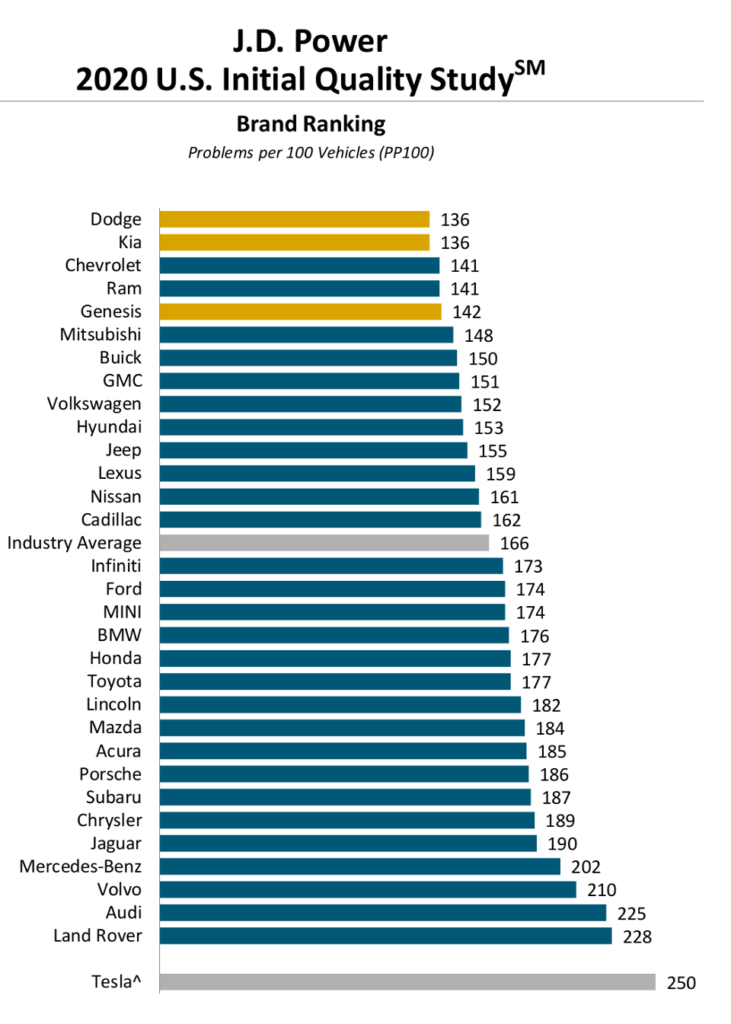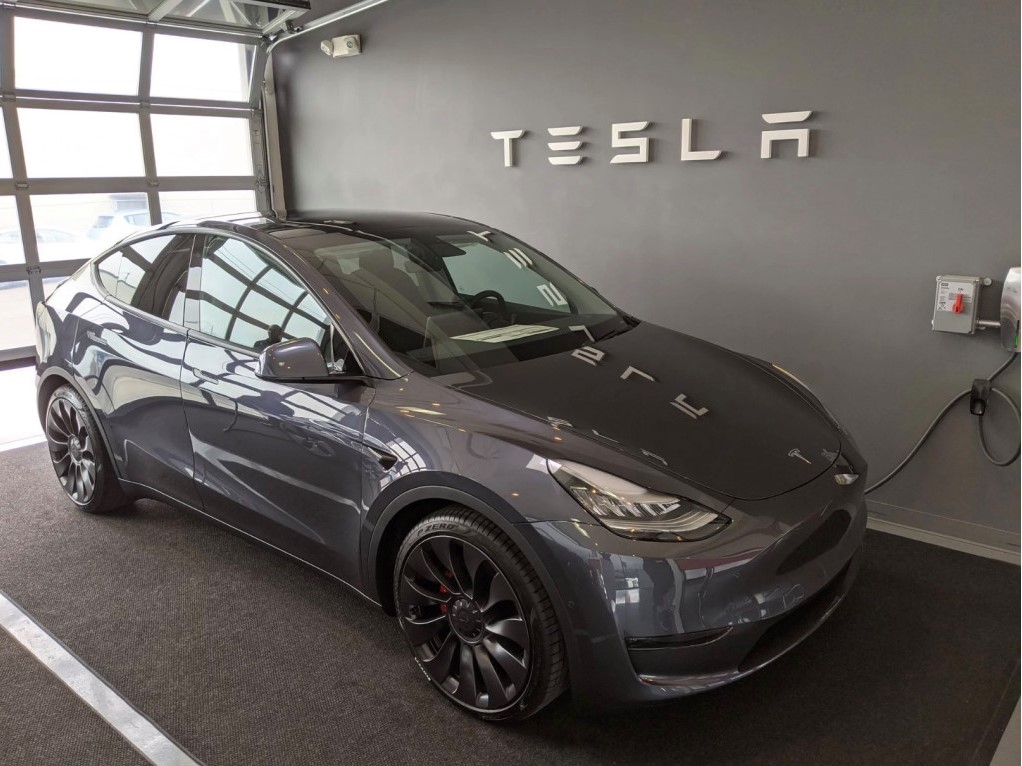The latest quality study carried out by the company JD Power shows that Tesla vehicles suffer 2.5 problems on average per unit during their first three months of useful life (or what is the same, 250 problems reported per 100 units). An average vehicle has 1.66 issues, while the KIA and Dodge brands have just 1.36 problems per unit.
This is the first time that JD Power has included Tesla in its study. However, the company has made it difficult to prevent its customers from being surveyed in 15 states in the United States. Therefore, JD Power has had to perform its statistics on Tesla with data from the remaining 35 states.
Taking into account that Tesla’s construction quality problems are vox populi (without going any further, many reservists who in recent weeks have been rejecting the deliveries of their Model Ys because they present unacceptable problems in a new car), the brand may have deliberately tried to hinder the study so as not to worsen its image further.
Although this is the first year that an American brand like Dodge reaches the top of the ranking, the Korean KIA is used to this excellent result. It has been leading the JD Power quality list for six years, which fits perfectly with others surveys that place it as one of the most reliable firms in the world.
About a quarter of Tesla’s problems stem from its infotainment system. This could indicate that the complexity of its sophisticated and advanced software could be behind part of its current quality problems. However, it seems clear that its constructive failures are also a factor of importance.
The study analyzed 87,000 vehicles, highlighting models such as the Chevrolet Sonic (Chevrolet Aveo in other markets), the Audi A3, the Ford Mustang, and the BMW 8 Series in their respective categories. It is worth asking to what extent the transition to the electric car (easier at the mechanical level), connected and autonomous (more complicated at the electronic level) will affect this type of study.


